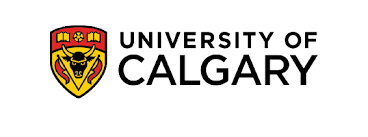Spruce Meadows’ Generosity Boosts Heart Research at University of Calgary’s Libin Cardiovascular Institute
Equine enthusiasts won’t be the only ones on the edge of their seats on Sept. 10, the final day of Masters week at Spruce Meadows.
Members of the Libin Cardiovascular Institute will also be paying close attention, as the institute is once again the recipient of CPKC’s Clear Rounds for Heart community investment program, which donates $10,000 for each clear round jumped during the CPKC International.
Libin Director Paul Fedak, MD, PhD, is thankful for the continued support of the institute, whose members are transforming cardiovascular care in southern Alberta through innovative research, education and clinical care.
“We are grateful to CPKC for helping us to advance our Institute’s mission,” says Dr. Fedak. “This event is a family-friendly way to increase awareness about cardiovascular health and to support research care right here in Calgary. CPKC’s commitment to our community is exemplary.”
The Libin Institute has been the recipient of CPKC’s Clear Rounds for Heart initiative for four years. The event has raised almost $500,000 and supported numerous projects including the purchase of specialized imaging equipment and the development of the Women’s Cardiovascular Health Initiative.
This year, proceeds from the event will support critical infrastructure needed to advance the institute’s Precision Medicine Initiative, which aims to advance personalized and precise cardiovascular health therapies that harness the power of artificial intelligence and machine learning.
Attendees of all ages at the Masters event at Spruce Meadows will also have the chance to take part in activities designed to teach participants about simple steps to improve cardiovascular health while raising money for the institute. For each participant in the challenge, CPKC will donate $20.
Cardiovascular disease ranks as the leading cause of premature death globally, impacting millions of men and women. A significant number of these deaths are avoidable. Research shows that 80 per cent of these deaths are preventable by empowering individuals to adopt healthy lifestyle behaviours.


